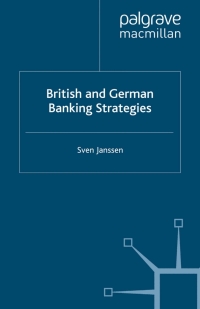You have found three investment choices for a one-year deposit 10.5% APR compounded monthly, 10.5% APR compounded annually, and 9.6% APR compounded daily. Compute the EAR for each investment choice. (Assume that there are 365 days in the year.) (Note: Be careful not to round any intermediate stops less than six decimal places.) The EAR for the first investment choice is 0% (Round to three decimal places.) The EAR for the second investment choice is %. (Round to three decimal places.) The EAR for the third investment choice is % (Round to three decimal places.) This Quiz: 6 pts possible You are pleased to see that you have been given a 6.49% raise this year. However, you read on the Wall Street Journal Web site that inflation over the past year has been 2.52%. How much better off are you in terms of real purchasing power? (Note: Be careful not to round any intermediate steps less than six decimal places.) Your real purchasing power is %. (Round to two decimal places.) You are thinking about investing $4,678 in your friend's landscaping business. Even though you know the investment is risky and you can't be sure, you expect your investment to be worth $5,682 next year. You notice that the rate for one-year Treasury bills is 1%. However, you feel that other investments of equal risk to your friend's landscape business offer an expected return of 8% for the year. What should you do? The present value of the return is $ (Round to the nearest cent.) You should (Select from the drop-down menu.) You are thinking about leasing a car. The purchase price of the car is $32,000. The residual value (the amount you could pay to keep the car at the end of the lease) is $15,000 at the end of 36 months. Assume the first lease payment is due one month after you get the car. The interest rate implicit in the lease is 7% APR, compounded monthly. What will be your lease payments for a 36-month lease? (Note: Be careful not to round any intermediate steps less than six decimal places.) Your monthly lease payments will be $. (Round to the nearest cont.) You have just sold your house for $1,100,000 in cash. Your mortgage was originally a 30-year mortgage with monthly payments and an initial balance of $700,000. The mortgage is currently exactly 18% years old, and you have just made a payment. If the interest rate on the mortgage is 6.25% (APR), how much cash will you have from the sale once you pay off the mortgage? (Note: Be careful not to round any intermediate stops less than six decimal places.) Cash that remains after payoff of mortgage is $. (Round to the nearest dollar.)











